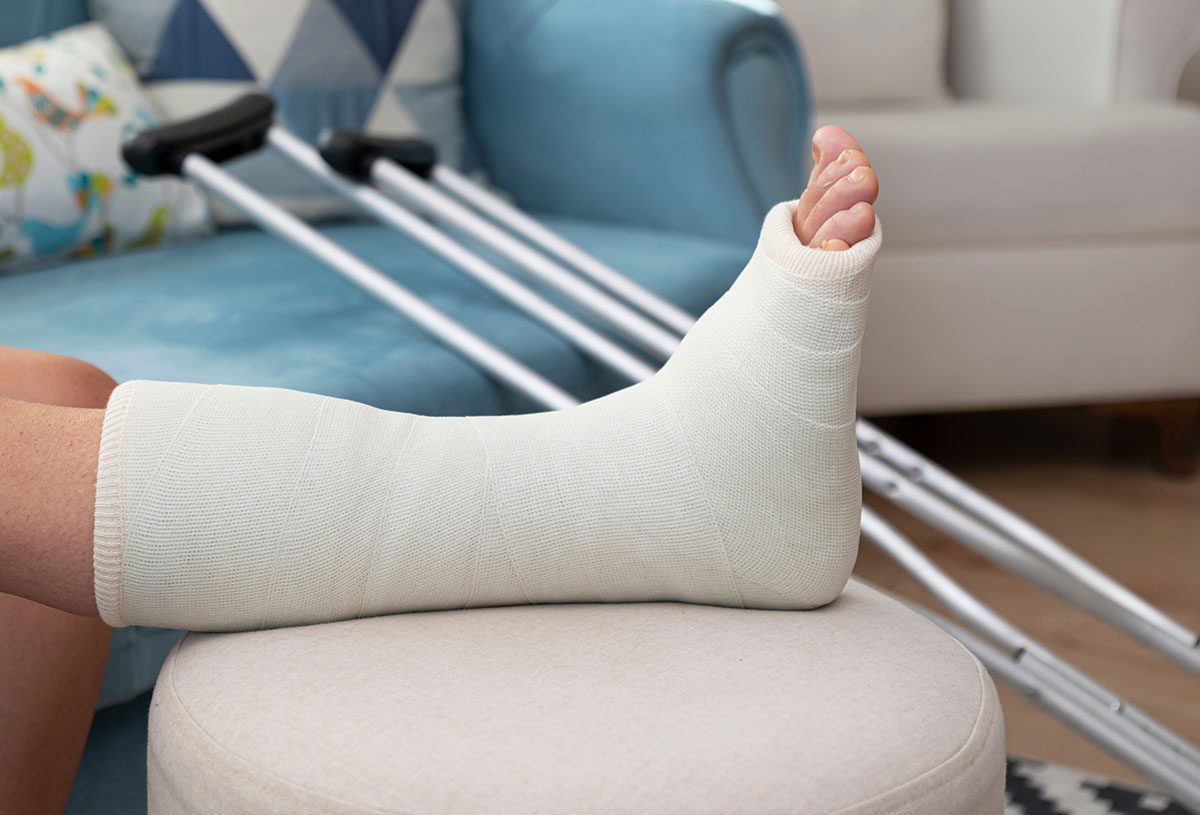Robert Cartmell explores the benefits of using a personal injury trust to receive compensation awarded as a consequence of a personal injury.
A personal injury Trust – what are the usual circumstances for creating a trust structure to receive compensation due from a personal injury claim, by Estate Planning expert Robert Cartmell.
I, Robert Cartmell, have worked in estate planning for over 25 years and during this time we have on occasion been asked to help solicitors who are advising their clients in personal injury claims. They may be in a vulnerable financial position (often as a result of the injury which is the subject of the claim). A big concern will be that the compensation payment might be quickly eroded and that in fact the victim of the injury will not in fact be properly compensated after all.
It is a good idea to consider adopting a Trust structure to receive personal injury compensation.
What is a Trust?
There are commonly two types of Trust vehicle considered, either a ‘Bare Trust’ or a ‘Discretionary Trust’ with further flexibility on how the victim of the injury or their family might be able to benefit. We will explain the nature of both types and what might be best and suitable in a given scenario.
When should the Trust be created?
If you are expecting to receive a compensation payment, take advice at the earliest opportunity. That could be when you are expecting an interim award (or interim damages settlement), or at the point when you are nearing a hearing on the matter of the claim.
What are the benefits of the Trust?
Some examples of the benefits are:
- You can park the compensation claim in a vehicle that is set up to look after your needs and requirements. You can appoint Trustees who can help you look after the funds.
- Using a Trust is a particularly important consideration if you are claiming state benefits at the time of making the claim for compensation for the injury or if you believe you might have to claim benefits in the future. The funds can be “ring-fenced” from local authority care entitlement or means assessments for means-tested state benefits. It may be the case that the Trust is deemed to be the legal owner of the funds and therefore you may continue to receive such benefits or care. If not held in Trust, the value might push your estate over the financial capital limit for receiving such means-tested benefits.
- The structure might provide other ‘protection’ for you and as part of your own estate planning. That might include divorce or bankruptcy protection and you can even secure an ongoing succession element (to protect for, say, your children to inherit it in the event of your death).
Other factors
Make sure to take advice on the scope of the Trust and any ongoing administrative obligations. There will be some element of responsibility and cost in maintaining the Trust and there may be other factors that might mean that it is not efficient to have this structure. But generally, we would recommend it and certainly, there should be advice given on it and to weigh up the situation at the right time.
Consult with us at the earliest opportunity.
Make sure you prepare and plan. That is what we are here to help you with.
Remember to plan, not panic!
Contact Us
For more information and for advice please contact us on:
Email: info@protrustestateplanning.co.uk
Telephone: 0207 123 6189

